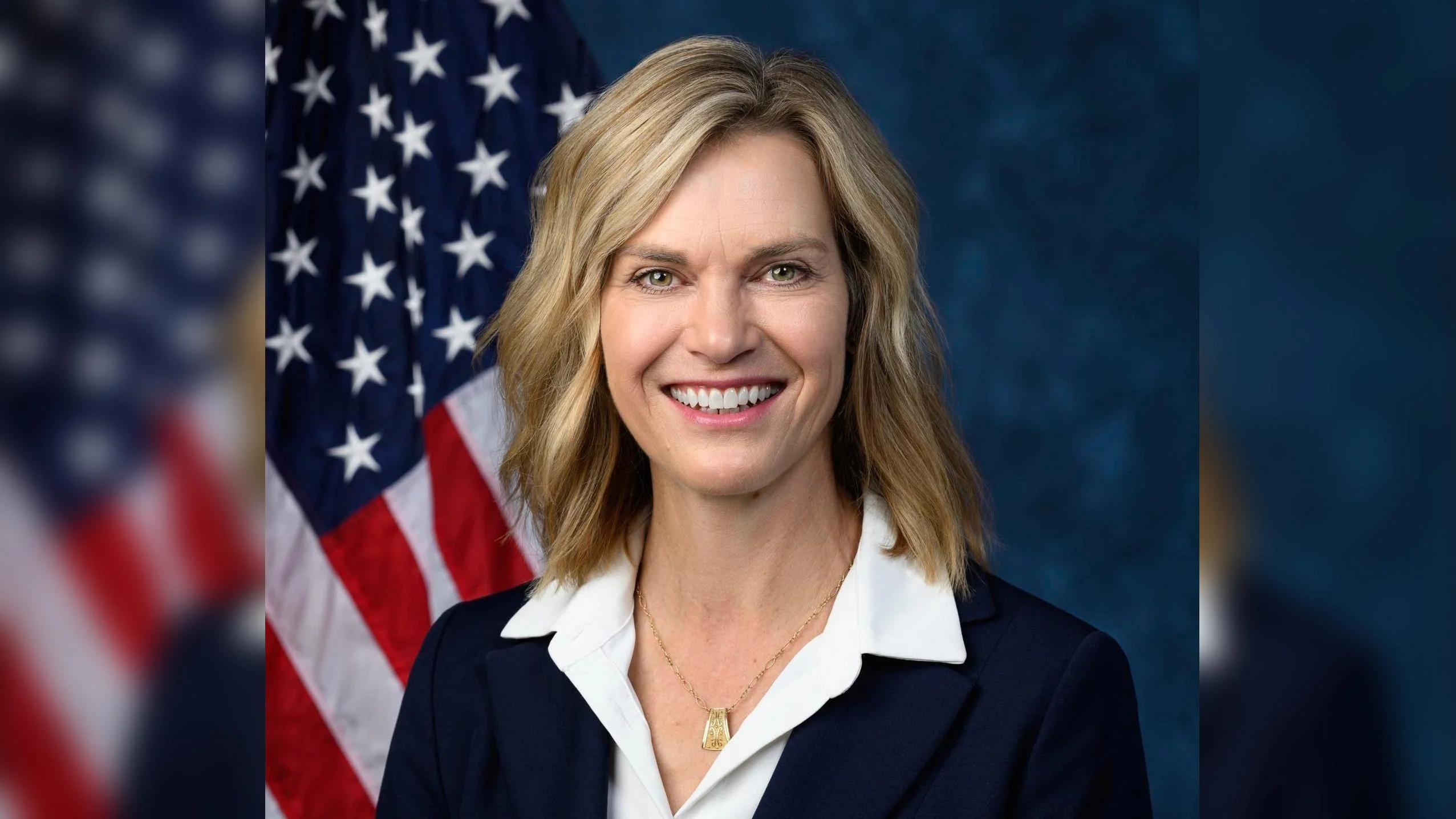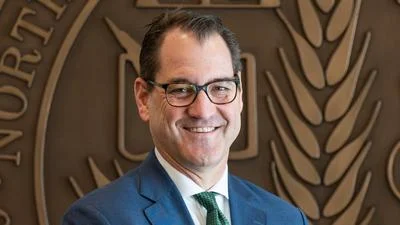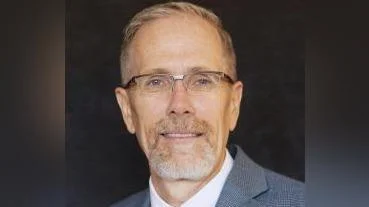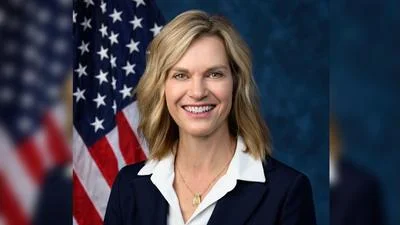Julie Fedorchak Congresswoman | Official Website
Julie Fedorchak Congresswoman | Official Website
Congresswoman Julie Fedorchak, along with Senators John Hoeven and Kevin Cramer, has voiced support for a complaint submitted to the Federal Energy Regulatory Commission (FERC) regarding the way costs are distributed for new electric transmission lines in the Midcontinent Independent System Operator (MISO) region. The complaint was filed by the North Dakota Public Service Commission (PSC) and joined by regulators from four other states. It argues that MISO’s cost-allocation formula unfairly burdens North Dakotans with expenses related to transmission projects driven by renewable energy mandates in other states.
Fedorchak stated, “The massive build out of transmission in the MISO region is driven by the aggressive decarbonization goals of several MISO states, but North Dakota is not one of them. States must pay the costs of their own goals. That’s a basic principle of cost allocation. The current formula in MISO does not follow these principles and needs to change.”
The complaint specifically challenges MISO’s Multi-Value Project (MVP) system, which spreads the costs of new transmission lines across all customers in the region, regardless of who benefits directly from those projects. These lines are often constructed to connect wind and solar developments located far from where electricity is used, particularly in states that have adopted renewable energy mandates. According to critics, this shifts financial responsibility onto states like North Dakota that do not pursue such policies.
Fedorchak previously served as liaison to MISO and the Organization of MISO States (OMS) during her time on the North Dakota Public Service Commission. She advocated for a generator-pays model for allocating transmission costs, but this approach was not adopted by MISO.
In a letter excerpt included with their announcement, Fedorchak and her colleagues wrote: “The bulk power system is under increasing strain from the rapid uptake of intermittent wind and solar generation and the concurrent retirement of baseload resources. The North American Electric Reliability Corporation (NERC) warns that two-thirds of our grid is at elevated or high risk of electricity shortfalls. Over the next decade, an estimated 122,000 MW of dispatchable generation is slated to retire even as electricity demand surges due to data centers, electrification, and industrial growth.
“As we work to bring more load-serving power online, we must also address the negative incentives created by current transmission cost allocation policies. Under ‘socialized’ regional cost sharing, a state or utility can propose massive transmission expansions (often to support remote wind and solar projects) and spread much of the bill to other states’ ratepayers. In MISO, so-called Multi-Value Projects (MVPs) have their costs shared broadly across the footprint. This model was intended to fund projects with widespread benefits. In practice, it has enabled scenarios where states with aggressive renewable energy mandates shift the costs of the transmission needed to meet those goals onto states with different policies and values.
“This not only raises fairness concerns, but it also dulls economic signals. If a state can socialize the expense of distant generation hookups, it has less incentive to consider cheaper or more reliable solutions closer to home.
“In short, the current approach to cost allocation is a subsidy scheme that alleviates certain states of the costs of their most aggressive energy policies. It allows these states to force their utilities into compliance with Renewable Portfolio Standards, while out-of-state ratepayers bear the costs. This approach is corrosive to the cooperative spirit we need in regional planning.
“If FERC does not act decisively, Congress may step in to legislatively rebalance how transmission costs are allocated. The last thing we want is a patchwork of dissatisfied states or a collapse in public confidence that federal regulators enforce just and reasonable rates.”




 Alerts Sign-up
Alerts Sign-up